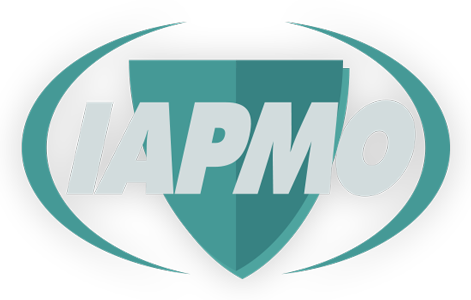Affordability + Equity
The Uniform Plumbing Code® (UPC) and Uniform Mechanical Code (UMC) are on the record as the codes that protect public health and safety at the lowest lifetime costs for homes and buildings.
Communities that use the UPC plumbing sizing provisions help their residents by saving:
for new single-family home meter connections
per year in unnecessary water and sewer charges
For new multi-family developments, that savings can be from $86,000 – $190,000 in construction costs and related water and sewer charges.
That’s because plumbing systems in new home construction are routinely overbuilt using a pipe sizing formula that is more than 80 years old–well before today’s high-efficiency fixtures, and appliances came on the scene.
Meanwhile, more than two million Americans lack access to clean running water and flush toilets. Even the most ambitious infrastructure proposals do not address areas of the country, such as the Navajo Nation, because piped plumbing systems do not exist there. There is no infrastructure to fix.
In other regions, water infrastructure exists, but drinking water has been compromised in places like Flint, MI, and following storm- and climate-related impacts, as in Jackson, MI, and Nome, TX.
That’s where the IAPMO non-profit IWSH comes in.
Through global work to bring safe plumbing to parts of the world that lack a piping infrastructure, the International Water, Sanitation and Hygiene Foundation (IWSH) helps pioneer solutions:
- In Nome, Texas, IWSH teamed up with United Association (UA) Plumbers Local Union 68 to perform free water-quality risk assessments for residents, followed by planning and providing corrective measures for the affected homes and local public amenities.
- For the Navajo Nation, IWSH again teamed up with UA locals to build portable hand-washing stations and create a new plumbing training program in partnership with the Navajo Technical University.

